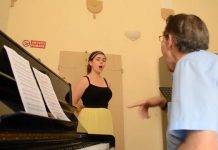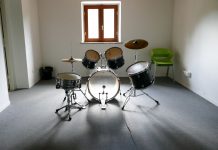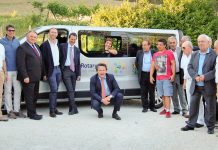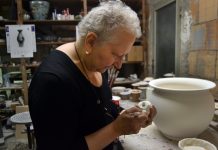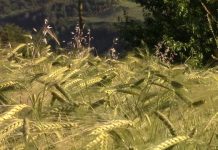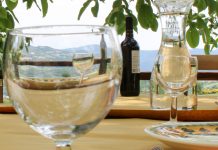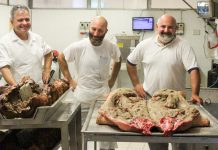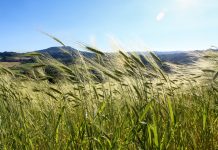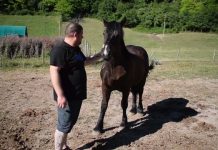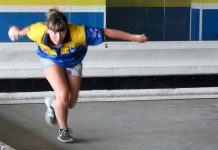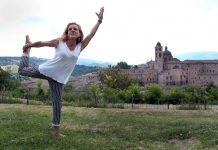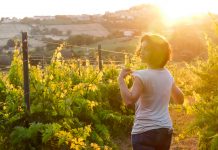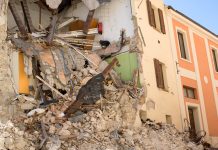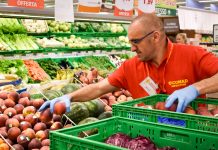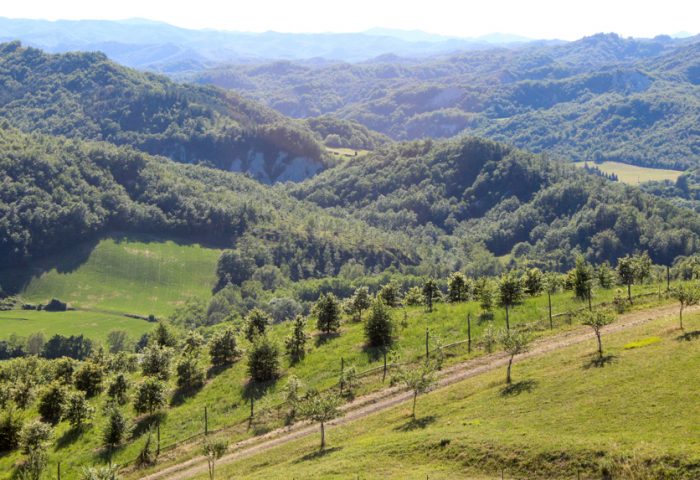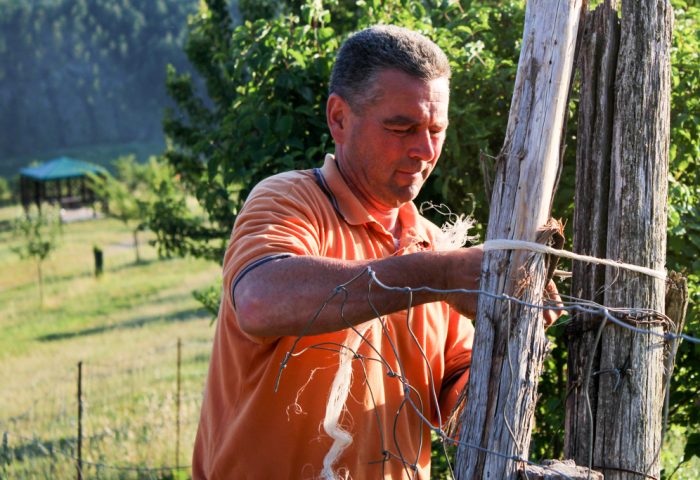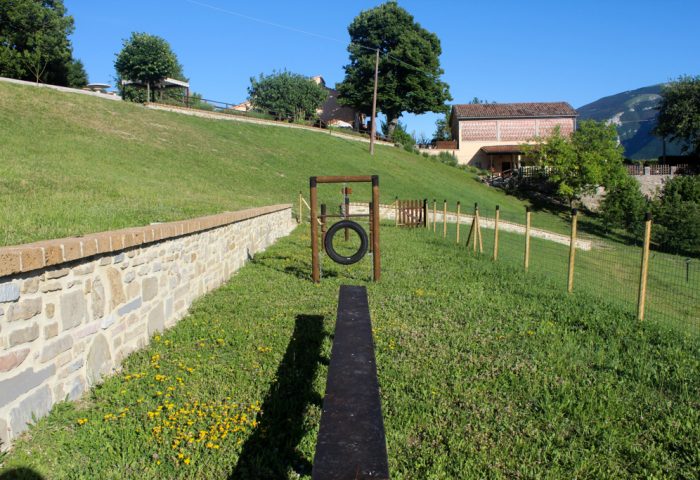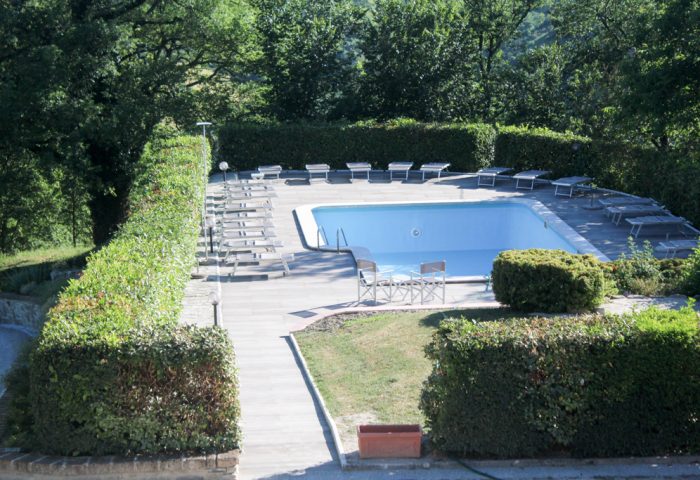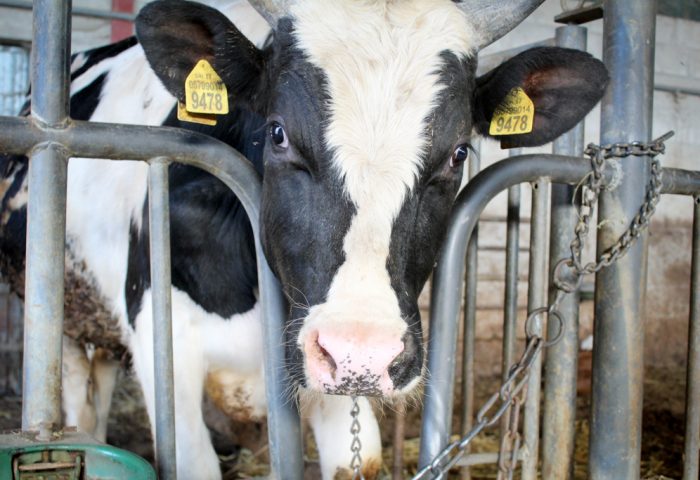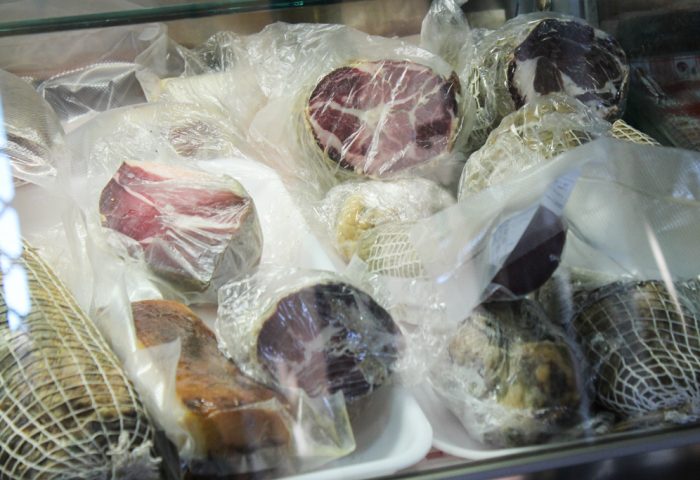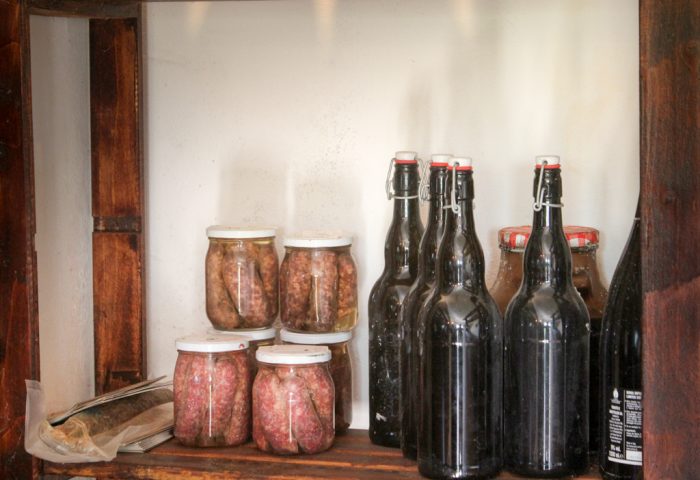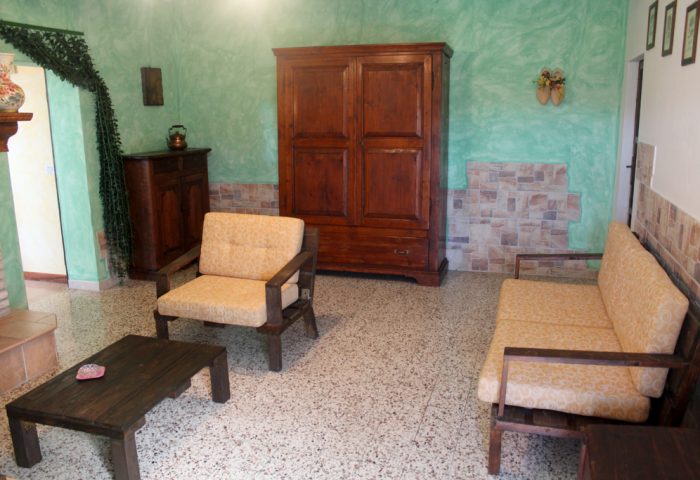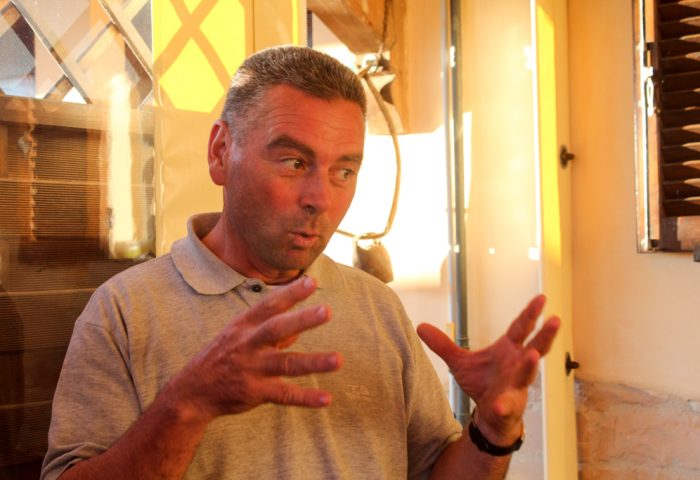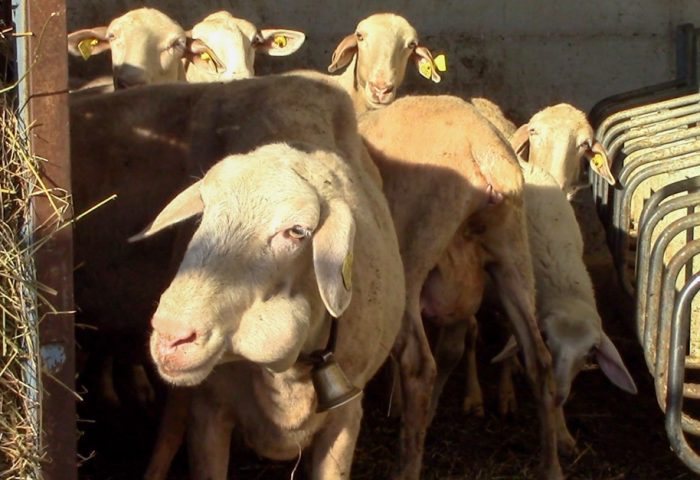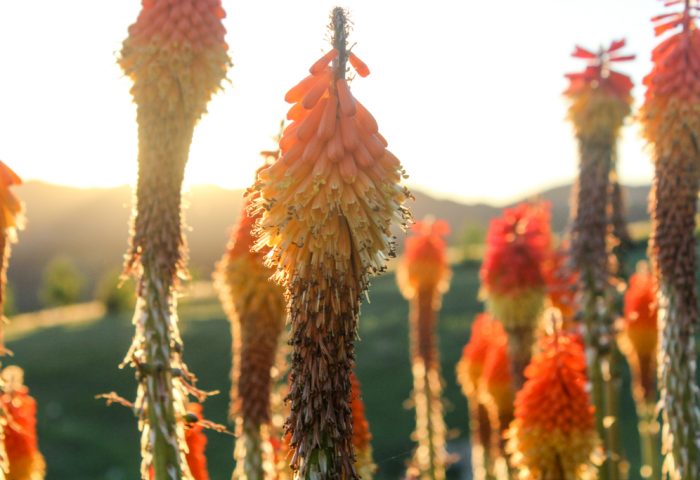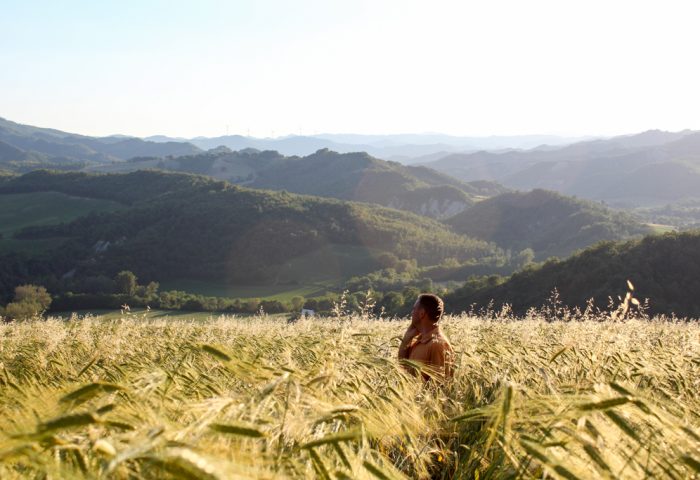Agriturismo Ca’ Licozzo gives visitors a true taste of the Italian countryside
PIOBBICO, Italy – A soft meow is heard from a cat perched on a stone wall, intrigued by the gamey yet sweet stench of freshly cut meat wafting from the doorway. The aroma beckons travelers to wander in. Visitors to Le Marche region who want an authentic experience may decide to spend their stay here, in an unconventional tourist location: a farm. With domestic meats and freshly made cheeses, Agriturismo Ca’ Licozzo gives visitors a taste of the Italian countryside.
“We like the not-so-typical tourist thing,” said Karin Milik, her family eating a home-cooked meal beside her.
This is their fourth time staying at Ca’ Licozzo. Native to Saint Nicolas, Belgium, Milik and her family avoid traditional tourist hotspots and instead enjoy immersing themselves in the culture of an unspoiled region.
“We’ve always loved Italy and we’ve had some journeys in the past in Tuscany, which is very smooth, easy, nice and green, but we like it a little more rough,” Milik said. “When we came here we were sold from the first moment.”

Part of the appeal is the interaction with Ca’ Licozzo’s owners, Roberto and Sonia Blasi. Sonia’s father originally bought the property, in the town of Piobbico, during the 1950s. In 1986, when Roberto and Sonia got married, they purchased the land from her father.
“It takes a lot of passion and a strong will to work,” Roberto Blasi said. “There are no vacations and no sick days, and every day is a challenge because we are always influenced by the weather conditions.”
On any given day, the couple tends the crops, prepares meats, and cares for the farm animals, among a list of other tasks.
Agriturismo in Italy became an important part of the country’s tourism industry in 1985, when lawmakers passed legislation to regulate and encourage farm stays. Since then, farmers and others who own property in rural areas can apply for funding to turn their locations into an agriturismo. The Blasi family received government funding to renovate the farm in 2000. The money allowed Roberto and Sonia to continue their passion: to work the land and provide organic meats and cheeses to visitors.
“The farm exists because the agriturismo is here, and the agriturismo exists because there is a farm behind it,” Roberto Blasi said. “It was kind of an evolution for the farm.”
Ca’ Licozzo has five apartments and two smaller rooms for rent, each with their own kitchen. The agriturismo can accommodate a total of 25 people at a time, and each room or apartment is 25 euros per person per night.

Milik was first attracted to Ca’ Licozzo because it offers the experience of cooking with products grown and cultivated on the farm.
“You can buy your own meat here, and everything you can eat and taste is house-made. It really is the Italian way of life,” Milik said.
A farm stay is intended to be an educational experience. The agriturismo sells all foods produced on the farm directly to visitors, and Roberto Blasi helps guests prepare meals in their kitchen. Guests are able to see the process of cultivating crops and how their food is brought from land to plate.
“Every agriturismo is built on the owner’s own personality and taste,” Roberto Blasi said.
The 173-acre piece of land is home to 30 cows, 20 calves and 25 sheep, as well as several dogs that are trained to hunt truffles, a delicacy in Le Marche region. In fact, guests can experience for themselves the process of truffle hunting. Nearly 75 acres are used to grow crops, while the rest is woodland and pasture.

The land grows alfalfa and barley, allowing the animals to eat a natural diet. The Blasi family also has a personal garden where vegetables such as eggplant, cucumbers and tomatoes are grown, as well as an apiary, or “bee yard,” where Roberto collects his own honey for his family and for visitors.
Ca’ Licozzo hosts tourists from across the world, with many coming from Northern Europe and other regions of Italy. Like most agriturismi, the farm is hidden from the main road, only accessible by a steep, winding gravel path.
Milik said the seclusion of the agriturismo, the silence of the countryside, and the charm of the Blasi family is what keeps her coming back time and time again.
“He [Roberto] treats you like family and gives you everything back 1,000 times,” Milik said. “It’s a land, it’s a family, and their heart is in it.”


